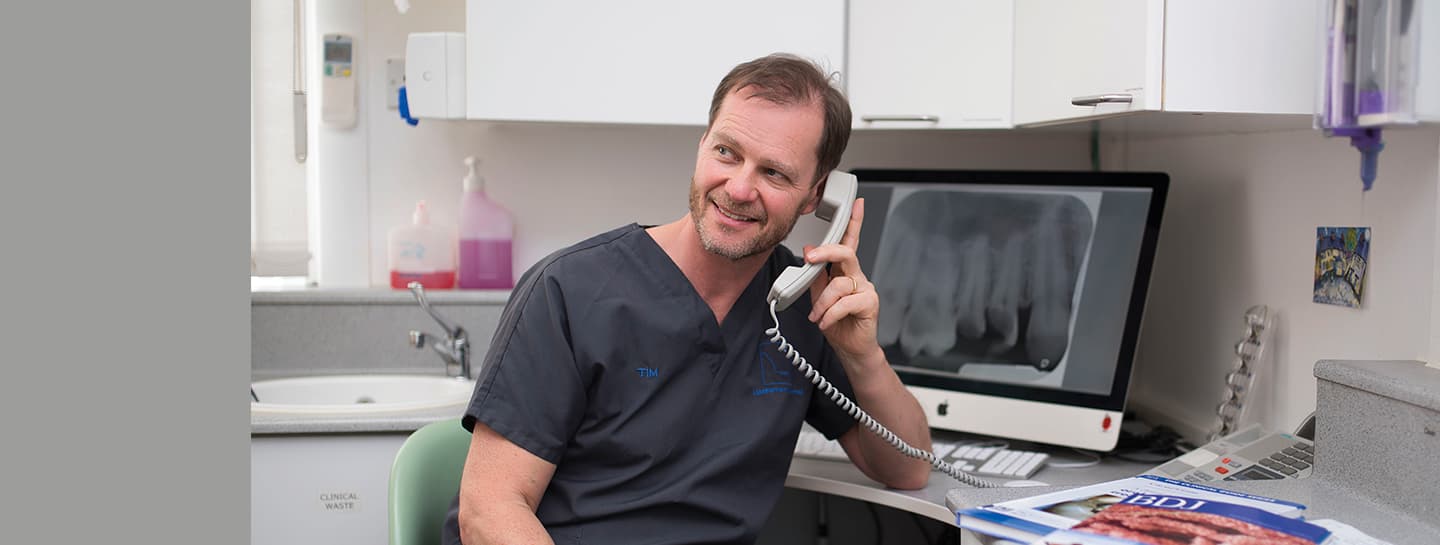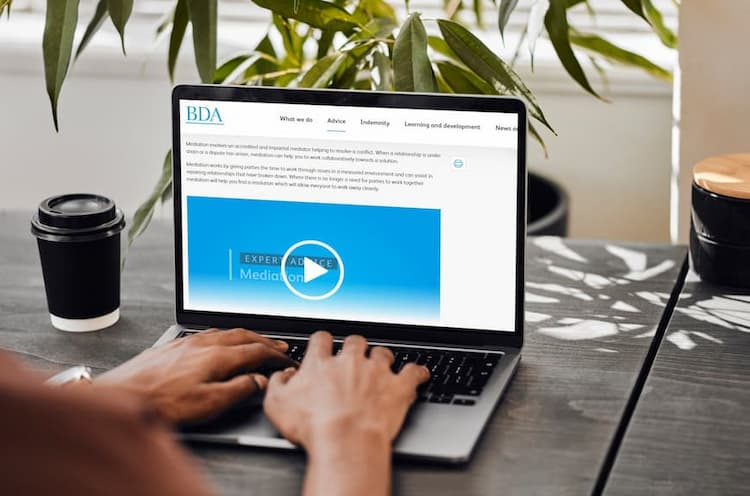Assessment and safeguarding
Safeguarding patients
Safeguarding practices reduce the opportunities for children and adults to experience abuse and neglect. This advice outlines current expectations on safeguarding practice for members of the dental team.






